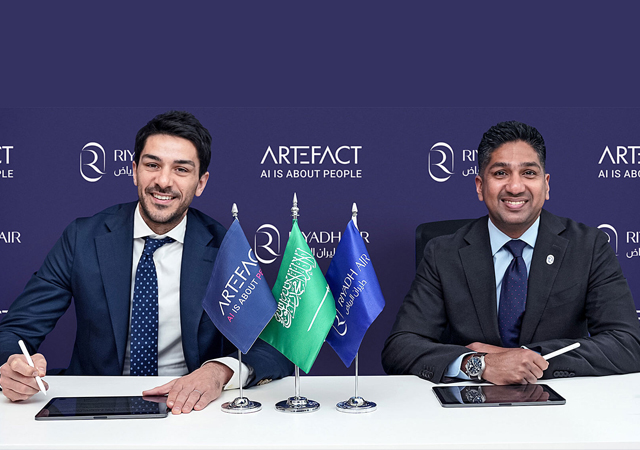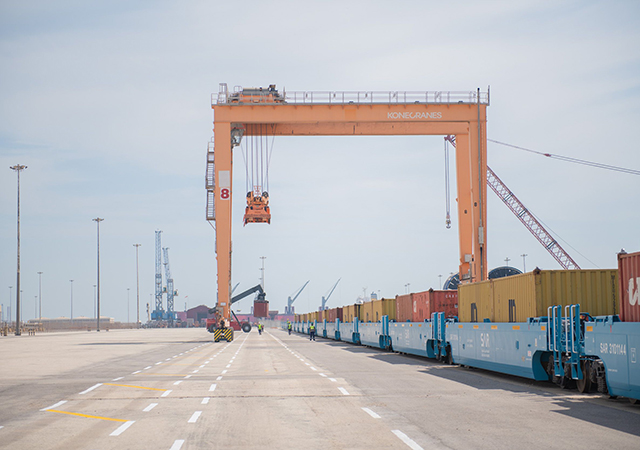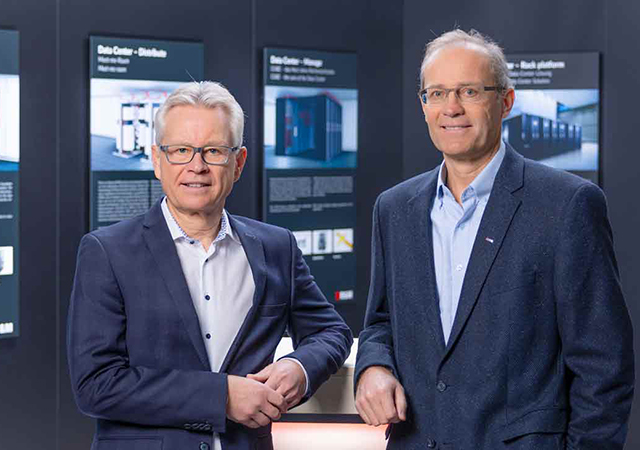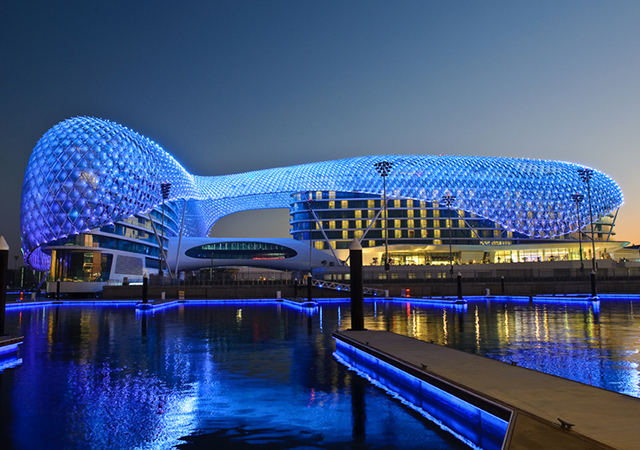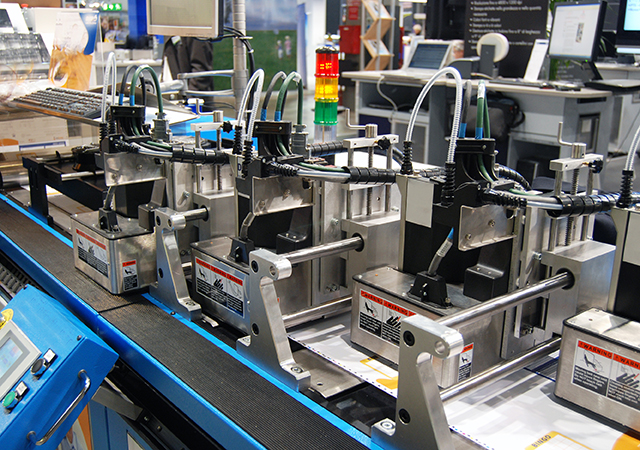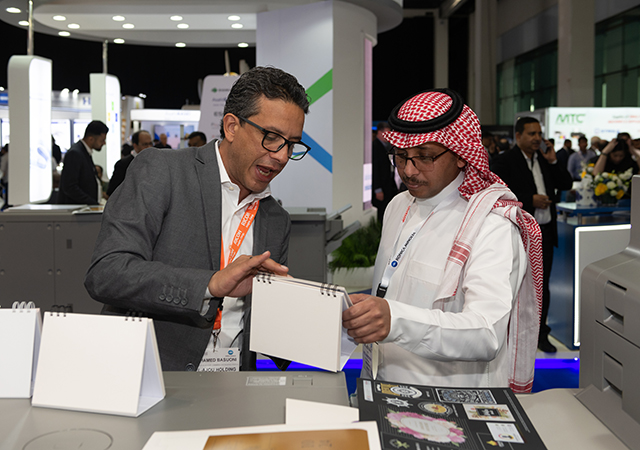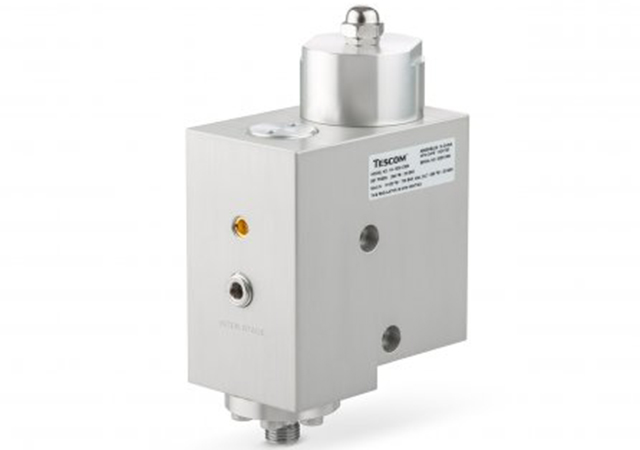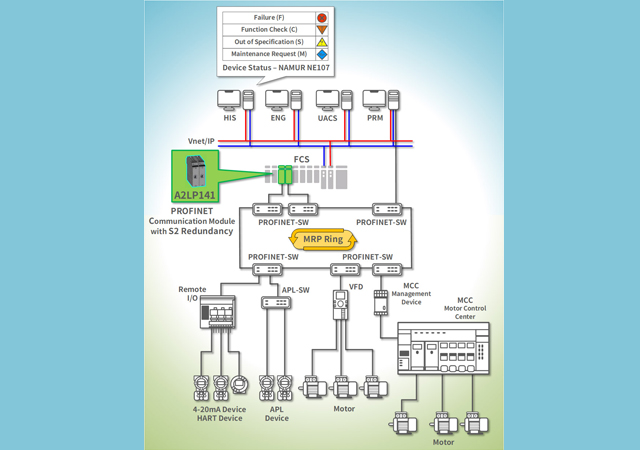
 Gas Initiative: A GOSP at Shaybah
Gas Initiative: A GOSP at Shaybah
Saudi Arabia has become a haven for foreign investors after the relaxation of the country's foreign investment laws, says the Governor of the Saudi Arabian General Investment Authority (Sagia) Prince Abdullah bin Faisal bin Turki.
He said liberalisation had earned the kingdom the confidence of investors and, consequently, foreign companies were jostling to set up enterprises in the country.
Prince Abdullah said 44 industrial licences had been issued within less than a year after Sagia started functioning. The licensed projects accounted for an investment of SR4 billion ($1.07 billion) and of these 15 were for expanding existing projects involving an outlay of SR100 million. The Authority was set up in April 2000.
Sagia was particularly encouraging investments in sectors such as downstream industries, gas, water desalination, information technology and technical industries, he said. New investments in those sectors would speed up social and economic growth in the Kingdom.
Prince Abdullah said Saudi Arabia was close to joining the World Trade Organisation and when that happened there would be a new era opening in Saudi foreign trade.
He sounded a word of caution too. Saudi industries would have to meet the challenges of stiff competition both at home and abroad after entry into the WTO.
Prince Abdulla, in remarks to the media, has said that although Sagia had now no involvement with the "Gas Initiative", it would be backing the programme as would other government departments.
The Gas Initiative was not a normal day-to-day investment but a project open only to a small number of companies. He said there was no need for his organisation to promote the Gas Initiative although Sagia would later have a role to play once plans were developed. Sagia could then advise on the particular sectors where it felt there should be an emphasis on investments.
Prince Abdullah said the idea behind developing the Kingdom's gas fields was no longer to see gas as simply a feedstock for petrochemical plants but as a resource to spark off a range of activities to develop and impact on the whole economy, creating the momentum to drive it forward.
The Kingdom has three core gas projects under the Gas Initiative and a dozen international firms have been shortlisted to take part in the projects.
The biggest gas package is the Haradh Development for which seven companies have been grouped while four companies each are to be involved in the other two projects, the Kidan/Shaybah development and the Red Sea Area development. Several of the companies will be involved in more than one project. The total investment for the three projects will be $100 billion.
The prince said Sagia was looking not just for money in direct foreign investments but also for efficient and practical management of skills and technology that the country required and which it lacked in the past.
The Kingdom had already some experience of direct foreign investment amounting to some $50 billion through various joint ventures, mostly in petrochemicals and refineries, but one of the greatest boosts would be the Gas Initiative, the prince stressed. While Sagia would encourage investment and facilitate the requirements of the investors they would also be required to comply fully with the nation's Foreign Investment Law, he said.
Sagia's Comprehensive Service Centres (CSCs) are assisting potential investors to gain access to representatives from various government departments. The first such CSC was set up in Riyadh with ones in Jeddah and Dammam marked for 2001.


